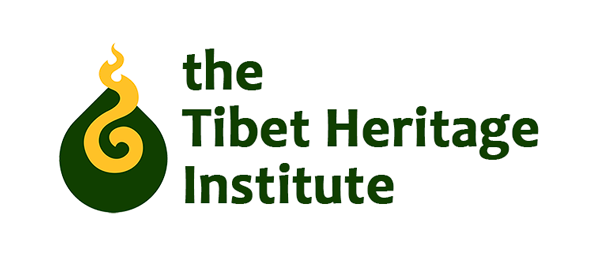Our Goals and Programs
Support Cultural and Spiritual Institutions:
Establish partnerships with historical institutions, including the Dalai Lama Institution, providing financial and logistical support for their activities aimed at embodying and sustaining the essence of Tibetan spiritual heritage and cultural identity.
Promote Tibetan Language and Cultural Awareness:
Initiate and fund publications on Tibetan culture, arts, language, and history. Develop immersive language programs targeting the younger generation, inspiring them to value and actively engage in the preservation of the Tibetan language.
Support Culture Preservation Efforts:
Offer financial support to individuals and institutions involved in cultural, educational, religious, and humanitarian efforts dedicated to preserving Tibetan cultural heritage. This includes funding for projects related to education, cultural events, and the maintenance of religious institutions.
Establish a World-Class Archive:
Develop and support the creation of a comprehensive archive housing primary source documentation of Tibetan cultural, artistic, religious, and linguistic heritage. This archive will serve as a valuable resource for researchers, scholars, and the general public.
Document the Tibetan Diaspora:
Initiate projects to document the experiences of the Tibetan people in the Diaspora, capturing efforts at cultural preservation, the establishment of religious institutions, traditional Tibetan Buddhism practices, and contemporary educational and research initiatives.
Document Cultural and Political Changes in Tibet:
Conduct research and documentation on cultural, social, and political changes in Tibet under Chinese administration. Document religious institutions, such as monasteries, temples, libraries, and literature in the Tibet Autonomous Region and other autonomous Tibetan entities within the People’s Republic of China (PRC).
Ensure Legal Protection and International Recognition:
Advocate for legal protection and international recognition of Tibet’s historical institutions, emphasizing the importance of institutions like the Dalai Lama Institution in preserving Tibetan identity and heritage.
Educate on Non-Violent Campaigns:
Develop educational initiatives targeting both Tibetan and non-Tibetan youth to raise awareness about the non-violent campaign for the safeguarding of the Tibetan people and their culture. Utilize various mediums, including workshops, seminars, and educational materials.
Empower Tibetan Youth in Cultural Preservation:
Create empowerment programs specifically designed for Tibetan youth, providing them with the tools and knowledge to dynamically preserve their identity and heritage in the modern world. These programs may include mentorship, leadership training, and cultural exchange initiatives.
Promote Scholarly Research and Public Discourse:
Support and promote scholarly research and public discourse on Tibet, fostering a deeper understanding of its people, culture, history, and relationships with neighboring regions. This can include sponsoring conferences, lectures, and research grants.
